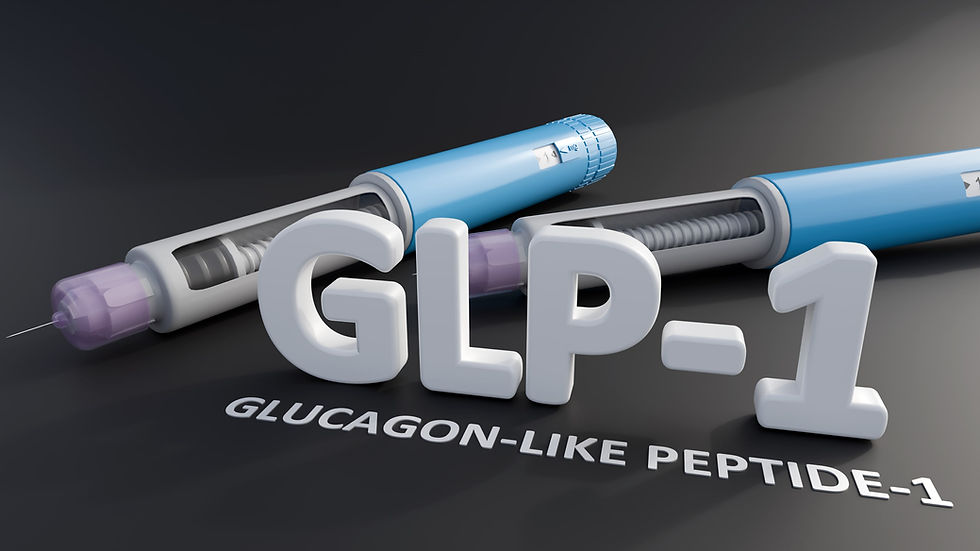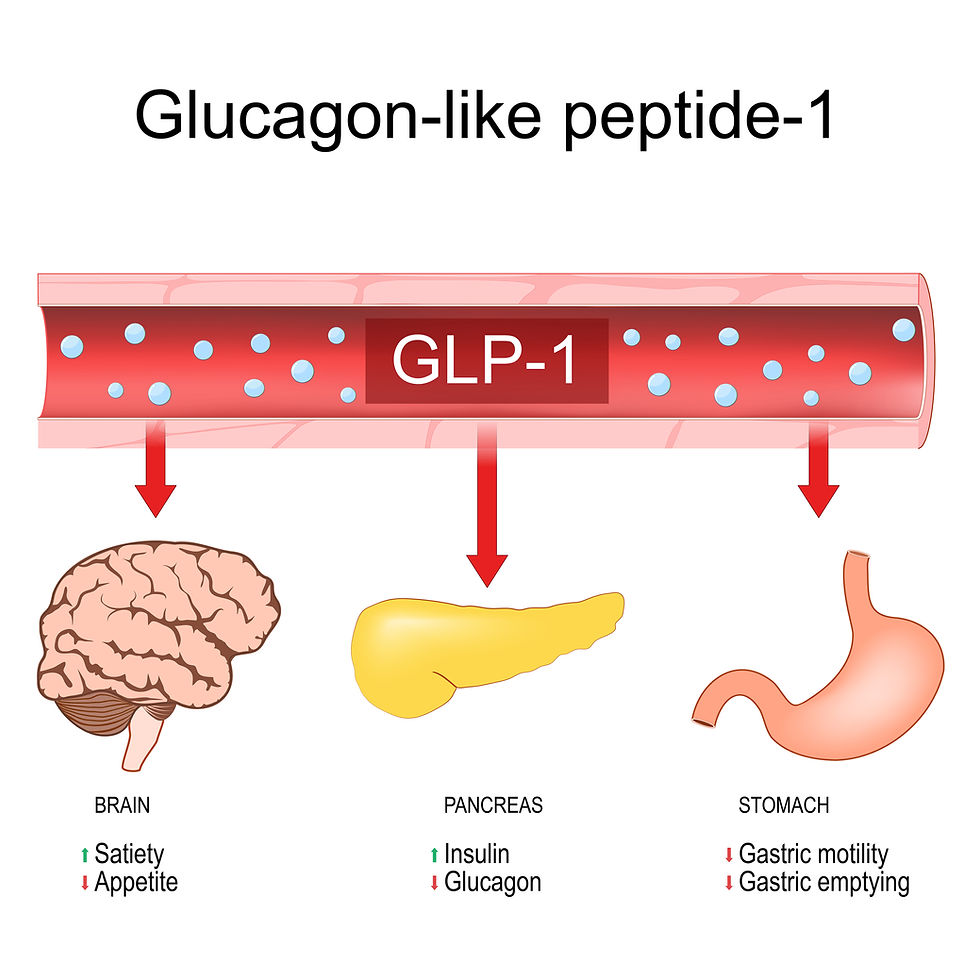Dealing with those ever so powerful cravings.
- Julie Hodgson
- Jan 8, 2021
- 4 min read
Updated: Dec 28, 2021

However committed, motivated or, however much you want to feel better about yourself, cravings are one thing that can turn you into somebody else, and totally derail all of your healthy intentions.
It's ok when it only happens occasionally, and I always say you should never restrict anything in your diet, but cravings become a problem when they are derailing your goals, sabotaging your health, and just leave you feeling awful afterwards.
True health is a balanced diet, one that you enjoy and allows you the occasional ‘treat’ without feeling guilty! However, if you feel your cravings have taken over somewhat, there are lots of things that can help.
There are many reasons for cravings, both emotional and physiological, and not just because you lack will power or the ability to say no to that chocolate, cake, pizza, crisps or whatever else you crave.
Below are a few of them and some things that may help!
1). A blood sugar imbalance
A huge reason I see with clients, and in myself, especially if you crave sweet or starchy foods like bread or pastries, is a blood sugar imbalance.
When blood sugar levels fluctuate from not eating enough slow release carbohydrate, or protein with your meals, it can cause peaks and troughs in blood sugar. These peaks caused by eating sugary and refined carbohydrate, following by an overcompensation and drop in blood sugar, can contribute to cravings, anxiety, mood swings and fatigue.
A common symptom of this is regularly feeling shaky or irritable when you don't eat, but symptoms could just be low energy, fatigue, increased stress, or generalised anxiety, and you may not be aware you have a blood sugar imbalance.
Eating more protein and fat especially in the morning, and then at each meal can help you get this under control. It can sometimes take a couple of weeks to notice improvement. Also making sure you don’t go long periods without eating or skipping meals can help.
2). Nutrient deficiencies
There’s not a lot of science that supports the theory behind specific nutrient deficiencies causing cravings as it always seems to be nutrient poor food that people crave i.e chocolate, pastries, pizza. It’s often thought that if you crave chocolate you must be deficient in magnesium for example, but a better source would be leafy greens, nuts and beans, and I don’t know many who crave these!
Certain nutrient deficiencies however, such as B vitamins which utilize energy, and zinc deficiency, which impairs your ability to taste food, may be the reason for over-eating or increased cravings. It may be worth getting tested for deficiencies in some cases. However, the best place to start is making sure you’re eating a nutrient dense diet, lots of colour, vitamins and minerals, and of course, adequate protein and healthy fats.
3) Digestive imbalances
Digestive imbalances such as low stomach acid, a compromised digestion and an imbalanced microbiota may all be behind cravings and over-eating.
Digestive support such as digestive enzymes may help. It has also been shown that certain kinds of bacteria thrive on certain foods, so if you have an over-abundance of these kind of bacteria you are more likely to crave a certain kind of food.
Unfortunately, the foods you crave, especially sugar can contribute to this imbalance so cutting it down can help get the bacteria back into balance.
4) Hydration
Probably goes without saying but one of the simplest ways to reduce cravings is by ensuring you are drinking enough water throughout the day. Dehydration can sometimes be mistaken for hunger. Such a simple thing but nearly everyone I speak to admits they don’t drink enough!
5) Food intolerances
Cravings and overeating may also be a sign of hidden food intolerances or sensitivities, which are known to trigger cravings as well as make you more likely to succumb to your cravings because of the negative affects they have on your health and well-being. If you think any particular food is affecting you, you could try a period of elimination, or go for testing.
And bizarely enough you may also crave the food you are intolerant too, and actually have withdrawal symptoms when you remove that food. This is itself will impact wellbeing and the likelihood of succumbing to your craving. Keeping the cycle going.
6). Emotional Health
Finally, trying to eat healthy is rarely about the food! It’s normally stress, anxiety, low mood, negative thinking or low self- esteem that drives cravings and overeating. The imbalances discussed above are very important and will also impact mood and mental health.
Studies show that the way you handle stress, physical or psychological, play a role in cravings and has an impact on hormones such as leptin which controls your appetite.
Putting in place measures to support your mental health and how you respond to stress, as well as the steps above, may be what’s needed to help you to control those cravings and overeating.
“Your relationship with food is very often a reflection of how you feel about yourself”
So, making an extra effort to relax, exercise, go for that walk, or manage your stress through regular deep breathing, meditation, or maybe finding fun and enjoyment, might be what you need to gain some control over cravings and overeating. In some circumstances seeking outside help might be the answer. Your health and well-being is worth it!
We always tend to think complicated but most often it is the simplest of habits that people struggle to implement, and the simplest things that will make the biggest difference. Getting the basics in place, eating a nutrient rich diet, drinking enough water and managing stress or emotional drivers, is definitely the first place to start.
I hope this helps and don’t hesitate to get in touch with any questions, queries or support!
Julie x
Helping you live a healthier, happier life
Julie Hodgson
BSc (Hons), PgDip, DIP ION, mBANT
CNHC registered Nutritionist & Health Coach
1-2-1 Health & Well being consultations and packages
T. 07971 862324





Comments